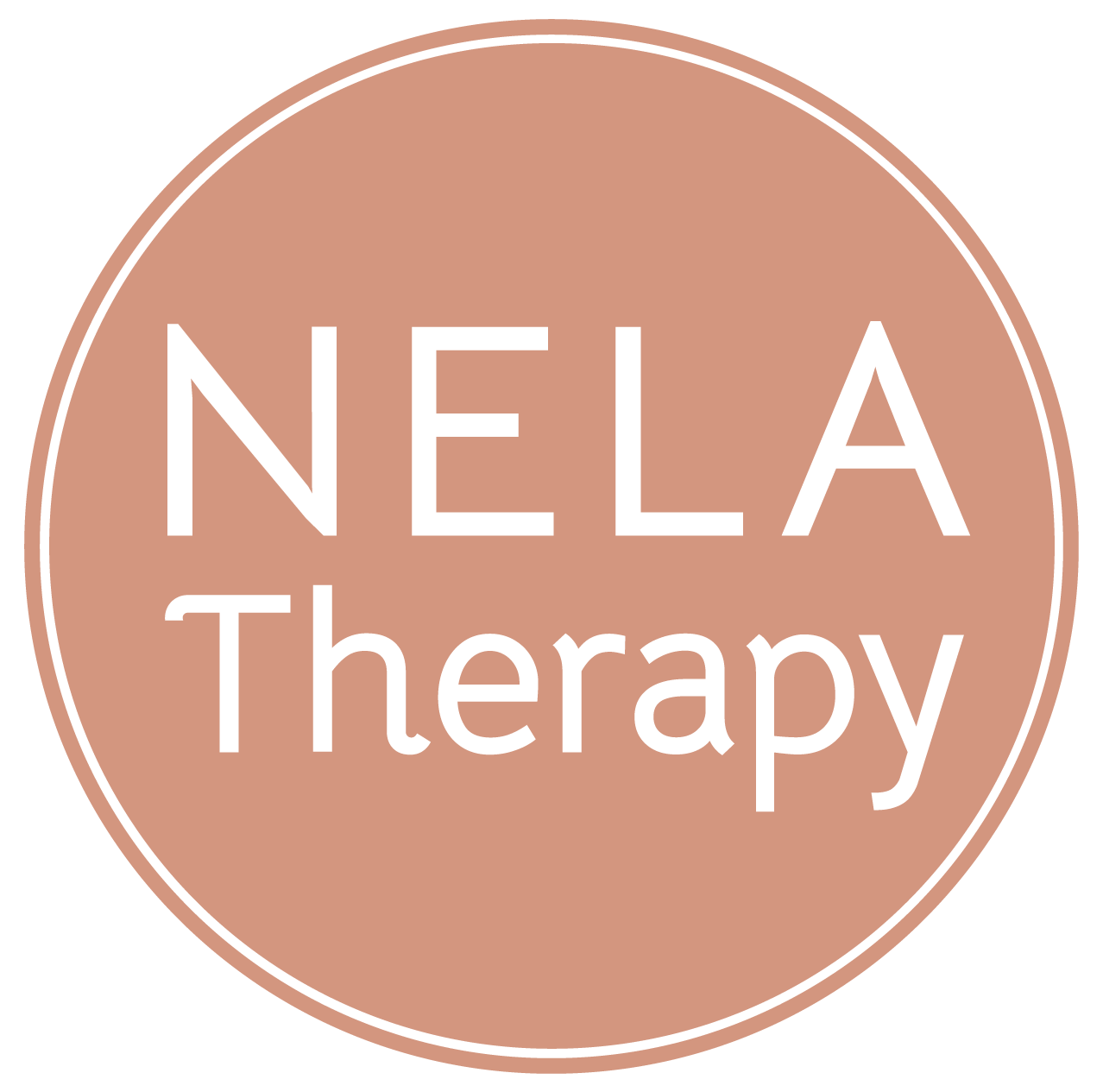Transforming Lives with Emotionally Focused Individual Therapy
In our modern, fast-paced world, feelings of anxiety, stress, and the impacts of trauma are increasingly common. While these experiences are undoubtedly challenging, advancements in psychotherapy offer new hope. Emotionally Focused Therapy (EFT), initially developed for couples, has been effectively adapted for individual therapy, providing a profound framework for healing. Emotionally Focused Individual Therapy (EFIT) offers a structured approach to understanding and reshaping emotional experiences, aiming to foster resilience and emotional health.
Understanding Emotionally Focused Individual Therapy (EFIT)
EFIT is rooted in attachment theory, which posits that humans are inherently relational and wired for emotional bonds with others. This therapeutic approach emphasizes the importance of secure relationships, not only in our connections with others but also in the relationship we have with ourselves. For individuals suffering from anxiety, stress, and trauma, EFIT helps by addressing disrupted attachment patterns and emotional blocks that undermine personal security and well-being.
The EFIT Process: Safe, Supported, and Seen
EFIT involves several key steps, each designed to help individuals feel safe, supported, and validated:
1. Creating a Secure and Supportive Therapeutic Environment: The therapist cultivates a safe space where individuals can explore their emotions without judgment. This foundational trust is crucial for effective therapy.
2. Exploring Emotional States: Clients are guided to better understand their current emotional states, identifying the primary and secondary emotions that drive their reactions. Primary emotions are often deep-seated and raw (like fear, sadness, or shame), whereas secondary emotions might include frustration or anger, which are more reactive and protective.
3. Revising Emotional Experiences: Through the therapeutic process, individuals learn to reframe and revise their emotional experiences. This is not about changing feelings but rather changing how one responds to and processes these feelings.
4. Enhancing Emotional Regulation: EFIT helps individuals develop skills to manage and regulate emotions more effectively. This is particularly crucial for those dealing with anxiety and stress, providing them with tools to calm and soothe themselves in challenging moments.
5. Consolidating a New Self-Narrative: As therapy progresses, individuals begin to rewrite their internal narratives. They move from a self-view that may be filled with insecurity and self-criticism to one that embraces self-compassion and strength.
EFIT for Anxiety, Stress, and Trauma
Anxiety, stress, and trauma can disrupt one’s sense of security and self-worth, often leading to a heightened state of emotional turmoil. EFIT directly addresses these disruptions.
- Anxiety is often the result of anticipated future threats. EFIT helps individuals access the underlying emotional drivers of anxiety, such as vulnerability or fear, transforming these feelings by fostering a sense of internal safety.
- Stress, particularly chronic stress, can lead to emotional exhaustion. EFIT empowers individuals to identify stress responses and develop healthier emotional responses, thereby increasing resilience.
- Trauma often leaves individuals feeling disconnected from themselves and others. Through EFIT, individuals re-engage with their emotions in a secure therapeutic context, which helps heal trauma-induced emotional wounds and rebuild a sense of connectedness and trust.
Who Can Benefit?
EFIT is appropriate for anyone seeking to improve their emotional health but is particularly transformative for individuals dealing with:
- Chronic anxiety and pervasive stress
- Past traumatic experiences and their lingering effects
- Emotional disturbances due to relationship issues
- Difficulty in forming or maintaining secure relationships
Emotionally Focused Individual Therapy is a powerful therapeutic approach that offers more than mere symptom management. It fosters deep, lasting changes in how individuals experience, interpret, and interact with their emotions. By building a more secure and compassionate relationship with oneself, EFIT paves the way for genuine, enduring healing.
To learn more about how NELA Therapy can support you through EFIT send us a message here!



